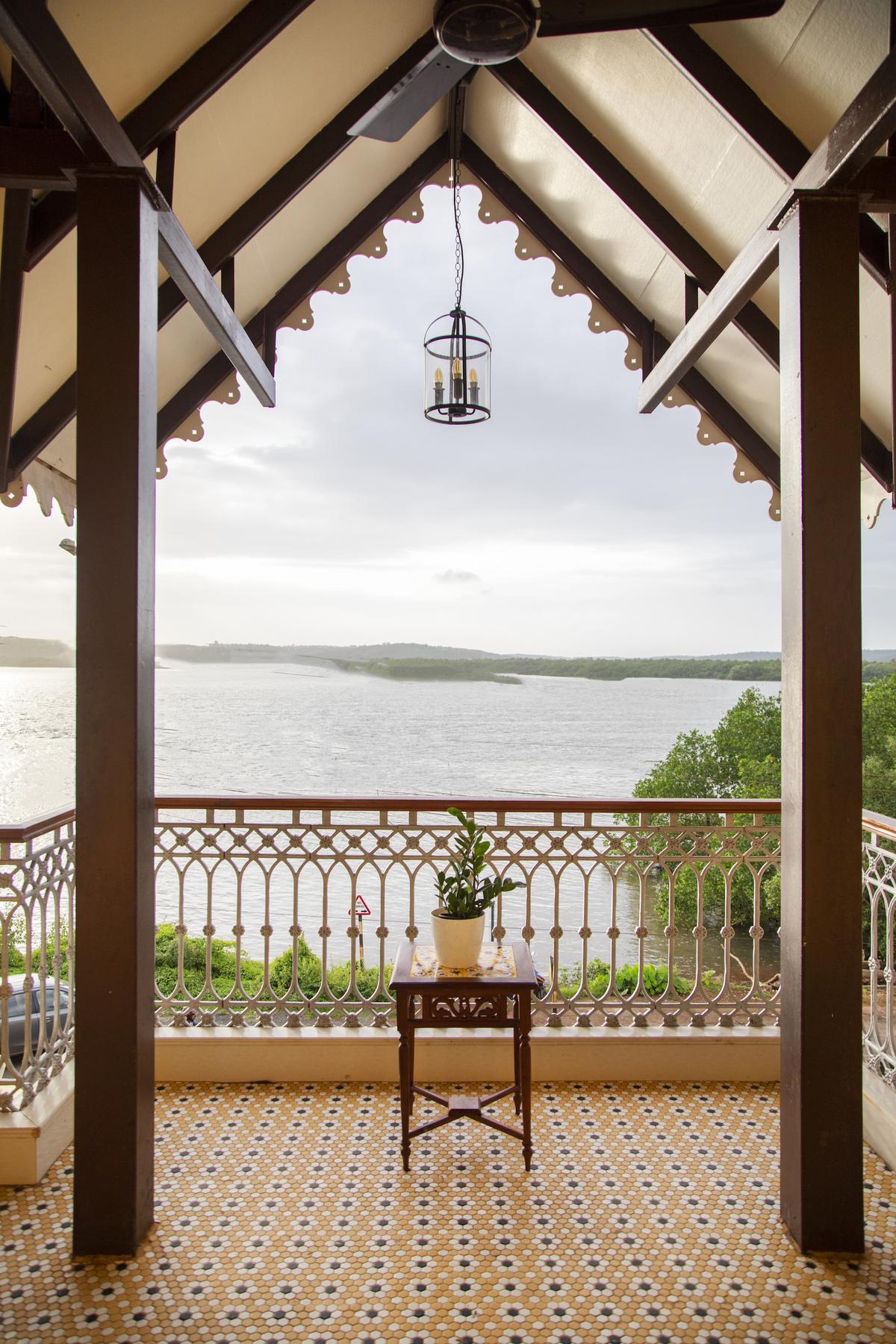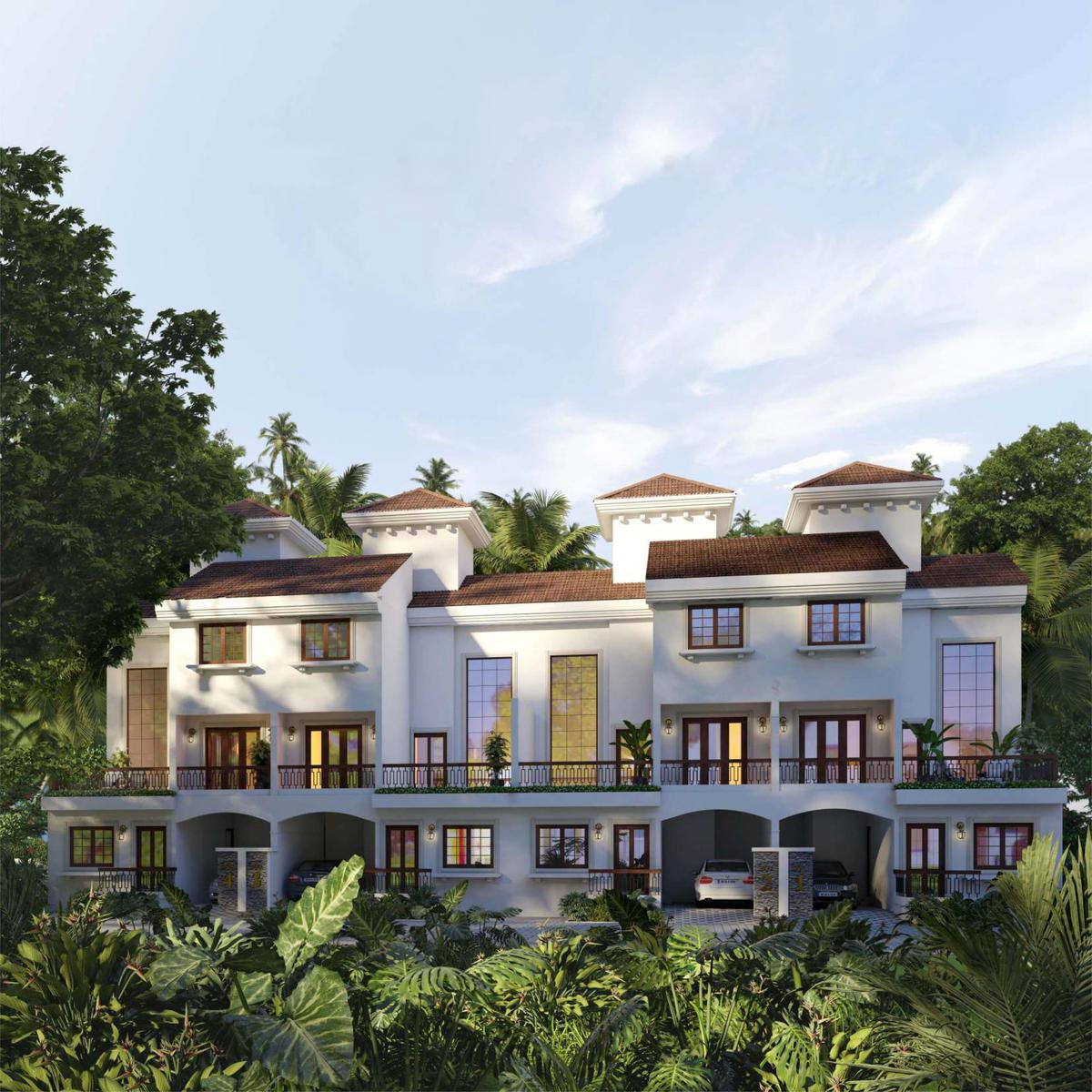For generations, villas in sleepy seaside towns and cottages in remote hill-stations lay vacant for most of the year. Only the affluent could afford this luxury, which required large investments and extensive maintenance—all this for an average stay of 40 days a year. Common sense tells us that these homes work better when shared.
In 2020-21, the pandemic made us desperate for safe places outside metros. Suddenly, a holiday home became the need of the hour. Players started entering the market with models that empowered people to co-own their second home. These tech-savvy entrepreneurs with vast experience in hospitality, financing and real estate have begun to democratize the luxury holiday home space with an affordable smart-ownership model that maximizes utilization, drives rental returns and drives long-term sustainability. invests.
Abroad, fractional ownership is well established. Popular companies such as Pacasso in the US and Altacasa in Europe promote second homes, responsible buying, ease of process, the benefits of a large home that is affordable, stress-free ownership as the property is fully managed, and ‘going home’ The idea of having a familiar community with your pet, family and friends.
In India, co-ownership is a concept whose time has come. Unlike timeshare membership, your money goes into a tangible asset that has the potential to grow. The property is bought through a special purpose vehicle (SPV) and each individual owner buys a share in the house, with all the legal paperwork completed. Each share you buy gives you 30 to 45 days in a year that is spread. If you’re not going to use it, you can rent out your portion, and earn income from a short-term lease – three times as much as a long-term rental. All this in a home that is taken care of by a management firm, from housekeeping and maintenance to grocery shopping, pick-up and birthday party arrangements.
Your Second Home, Bangalore
A luxurious 3-bedroom with master bedroom, 3.5 baths and private pool at Yours Fonterra in Assagao, Goa. Price ₹1.40 crore per share. , Photo Credit: Your Second Home
The genesis behind you crystallized during the pandemic. Co-founders Shravan Gupta and Sudeep Chandran found that most people spend only 25 days a year in their vacation homes, while being bogged down with maintenance and upkeep. With Gupta’s background in travel and Chandran’s deep experience in real estate, building and construction, and other partners, they launch yours in December 2021. In a conservative market, educating the customer and creating brand awareness has paid off. Gupta says, “Most of our clients who have bought a share in one property immediately come back and invest in another. You can sell it back or to a friend later, and your sale calculated at the market value will provide the facility.
Your team is excited to find the perfect home that is ready to buy. From Goa to Alibaug and the Nilgiris, they look for that wow factor – location, view, architecture and community. Interestingly, less-accessible areas with developing commerce and transportation have emerged as growing markets for luxury homes. “Ro-ro (roll in-roll out) ferry service has been a game-changer in Mumbai,” says Gupta. People can reach Alibaug from Mumbai in less than an hour, making it an easy weekend trip. As the upcoming Mopa International Airport has given a boost to the Goa market, property prices in Alibaug have gone up, and a three or four bedroom property can cost ₹8 to ₹10 crore. With an eye for details, their unique luxury homes feature tasteful interiors and landscaping, like the one at Yours Fonteira, a Portuguese-inspired gated community in Assagao, Goa. YourS’ app allows you to reserve up to two years in advance, as well as book for all services.
ALIF, Mumbai

ALYF’s Casa Belle Vue, a six-bedroom Goan-Portuguese-style home overlooking the river in Ribandar village near Panjim, Goa. Price ₹2.12 crore per share. , Photo Credit: ALYF
Saurabh Vohra moved to Mumbai when the second wave of the pandemic hit. Fed up in a tiny flat, Vohra’s own desire to get away inspired him to plant the seed of a holiday home model. Vohara, who was earlier the business head of NoBroker, has partnered with Karan Chandiok to launch Mumbai-based proptech company ALYF in June 2022. You get a seamless entry and exit – the buyer only needs to make a single share transfer. Also, there is no legal compliance while selling, like registration, etc.
ALYF is an asset-light model. They work with a mandate, ie they put down a percentage, select the right property and close the loop with buyers in about three to six months.
Demand is high, but as Vohara says, “The big problem is finding the right house at the right place at the right price. We have 10 to 12 stringent criteria while finalizing a property – legal due diligence, construction quality, builder background, amenities and community etc. In Lonavala, after sifting through around 300 properties, we shortlisted only 10. We are following the same process for Goa and Alibaug.
ALYF’s robust approach deeply analyzes data and trends to determine the best value proposition for buyers. ALYF’s app to be launched in January will support their seamless operations management. Vohra estimates that the $2 billion vacation home market will grow into a $10 billion market in the next three to five years.
BRICIT, Lucknow

A 3BHK Villa in MVR Casa Aurea, Siolim, Goa priced at ₹32.43 lacs per share. , Photo Credit: brikit
BRIKitt CEO Mayur Raj Kapoor, who co-founded the propTech firm in 2020 with his wife Swati Raj Kapoor and Akash Dhillon, says, “About 70% of the holiday budget goes into accommodation.” The Kapoor family, fond of vacationing, had a trail of unsatisfying experiences about cleanliness and lack of standardization in BnBs. His vision was about creating a community-driven platform for people who can co-own and exchange their vacation homes.
In India you cannot register a property with more than four co-owners, so an SPV is a transparent, functional and viable way of bringing together five to 11 owners. BRICIT has both apartments and villas in its portfolio. For example, in Tata Housing’s BRICIT project, an owner gets 30 nights a year. You can stay for a minimum of two nights and a maximum of seven nights at a time. NRI customers visiting for a month or two can buy four or more BRICS for a month’s stay. A personalized dashboard lets each Brick owner track investment growth, book and exchange their vacation days. It ensures complete transparency by tracking transactions on a real-time basis. For young professionals, they offer affordable units ranging from ₹6 to 7 lakhs, going up to ₹50 lakhs per tranche.
With properties in north, east and west India, Kapoor says, “Your second home should be a place you enjoy visiting again and again. Staying in Kasauli, you can travel across Himachal from Kufri, Solan and Chail to Shimla.” Similarly, BRIKitt’s properties are strategically located in Central and North Goa (Siolim and Baga), so owners can enjoy the entire region.
living space sharing
Share Your Home? We may say, ‘Never!’, but look at the flexible nature of the Indian joint family and our sharing of homes, and it doesn’t seem so far-fetched. The pandemic ushered in the ‘work from anywhere’ trend with Wi-Fi enabled set-ups, encouraging the hybrid model for the industry. While previous generations may fret about the pitfalls of entering a home used by others, sustainable co-ownership – which lets you own, earn, share and appreciate – is here to stay.
The author is a brand strategist with a background in design from SAIC and NID.